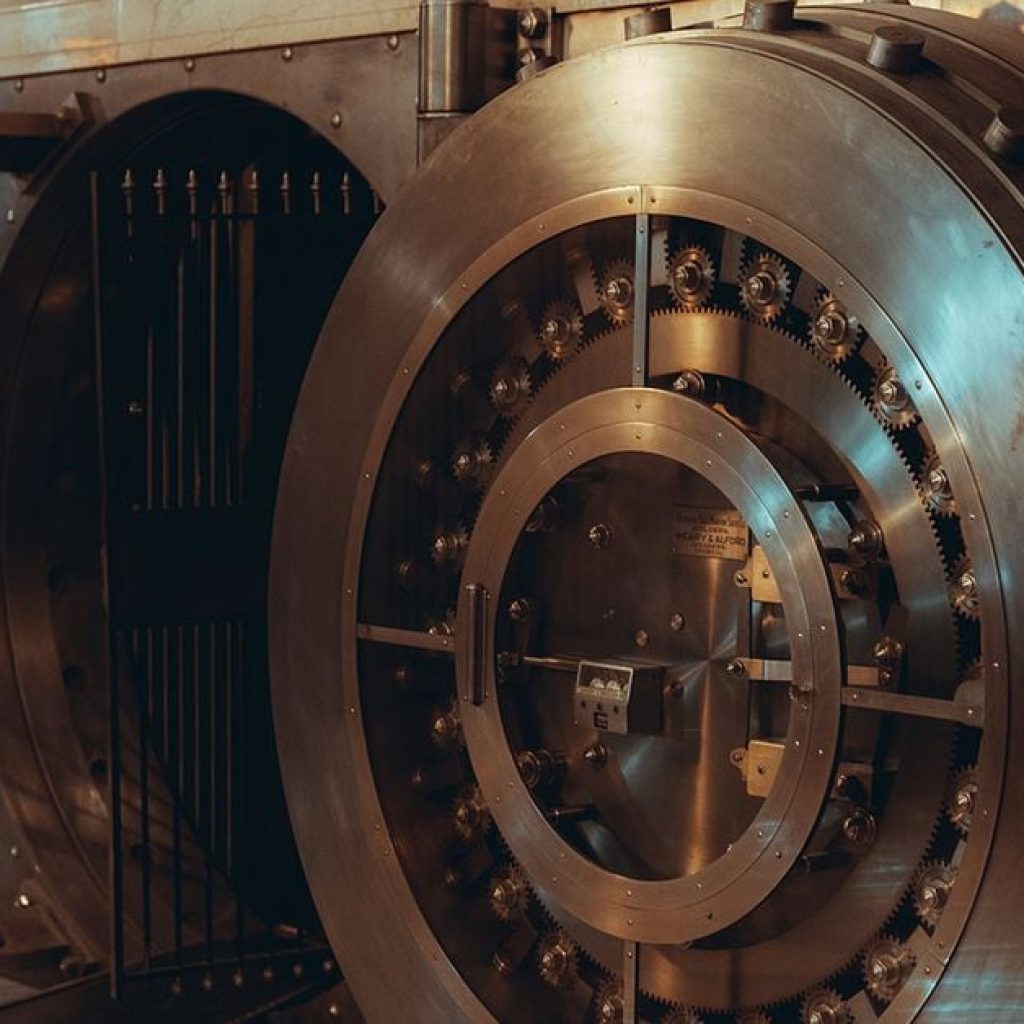For most of its existence, the crypto industry has been rife with fraud and failing investment ventures. Now that the investment spotlight has shifted to Arbitrum Foundation, crypto investors are paying close attention. Arbitrum, a blockchain-based smart contract platform, has been the subject of debate as to whether or not it can be considered a decentralized autonomous organization (DAO).
Arbitrum Foundation’s recent activities spark controversy
A proposal to fund the Arbitrum Foundation with 750 million ARB tokens, or nearly $1 billion, reportedly sparked controversy over the weekend in the ARB community. This follows the announcement by the foundation that the vote would only serve to ratify a previously made decision.
The debate stems from the fact that Arbitrum recently held a vote to propose modifications to its protocol, but only four delegates were eligible to participate in the decision-making process. Only four individuals met this requirement at the time of the vote, as the delegates are required to hold a minimum amount of the platform’s native token, ARB.
The conflict arose after the layer-2 protocol airdropped its governance token a few days ago. According to the AIP-1 proposal on Arbitrum’s DAO, the 750 million tokens would be used to cover “Special Grants, reimbursing applicable service providers […] and covering ongoing administrative and operational costs of The Arbitrum Foundation.”
After receiving criticism from community members, the foundation stated in a forum post on April 2 that AIP-1 was not a proposal but rather a ratification. It was noted that some of the tokens had already been exchanged for stablecoins. In other words, its multibillion-dollar budget and allocations would not be subject to a governance process on the blockchain.
Nearly 50 million ARB tokens were moved on-chain in the past few days. 40 million tokens have been allocated as a loan to a sophisticated player in the financial markets. Moreover, 10 million tokens have been converted to fiat currency for operational expenses, according to the foundation.
Arbitrum Foundation plans to break up governance votes after community backlash
The Arbitrum Foundation has retracted a controversial proposal and ratification vote that would have given it control over a substantial quantity of tokens. The Arbitrum Foundation tweeted on April 2 that its first governance proposal, AIP-1, “likely will not pass” and that it is “committed to addressing community feedback.” The action will divide the contentious governance package into smaller portions.
The reversal follows a weekend of community opposition to the foundation’s “ratification” vote for decisions it had already made. Chris Blec, an advocate for decentralized finance and decentralization, and others argued that the proposal was “decentralization theater.”
A budgeting proposal will also be included, in which the foundation will propose transparency reports “to make the community aware of how the funds are spent over time.”
According to CoinGecko, ARB token prices took a massive hit over the weekend, falling 18% from a high of $1.40 on April 1 to a low of $1.15 during the Asian trading session on April 3. ARB’s share price has decreased by 86% since March 23.
Crypto community reacts to the ‘ARB DAO’
Community members pointed out on the governance forum that Arbitrum’s team “has been dumping tokens that were initially communicated to the community as locked tokens.” They claim that the “all tokenomics page shows only User airdrop + DAO airdrop tokens as unlocked,” with the remaining “tokens to unlock in March 2024.”
Others emphasized that under U.S. securities laws, the anticipated sale would be considered fraud and that U.S. citizens who purchased ARB tokens or claimed the airdrop “are eligible for legal remedies.”
Other community members have asked that the public-facing circulating supply be revised to 5.4B tokens to reflect this reality immediately.
The Arbitrum Foundation has taken significant measures to resolve the issue at hand. However, the crypto community has been burned too many times to take them at their word. The controversy surrounding Arbitrum’s classification as a DAO exemplifies the difficulties blockchain-based platforms face as they attempt to strike a balance between decentralization and efficient decision-making.
Crypto investors have had no investment blueprint for the last decade. However, a pattern has begun to emerge. After the crypto winter – one that nearly wiped the market – you will do well to invest in projects you are sure follow the mandate of decentralized finance. So, moving forward, if the foundation does not let more delegates be eligible as voters, it is as good as any centralized platform with a decentralized mask. You will do well to stay off ARB.’





